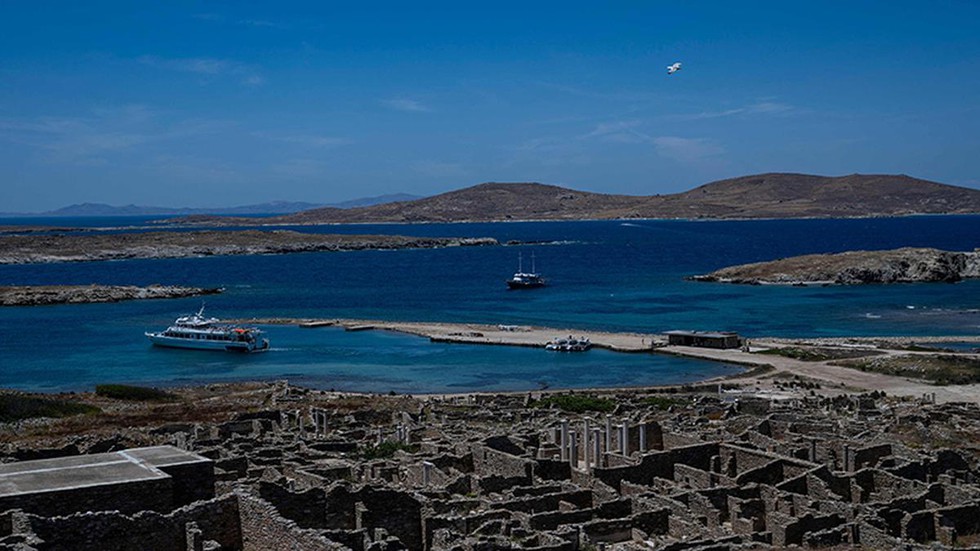
About Delos Island:
Key facts about Aegean Sea
In a significant move that is expecte...
According to a new study by researche...
As per the World Bank’s Global Gas Fl...
Recently, bollywood playback singer A...
On 21 June every year, the Internatio...
The GST Council recently announced va...
All health centres and hospitals in B...
The Union Home Minister recently inau...
Scientists recently discovered the wo...
A Long March 2-C rocket carrying the ...